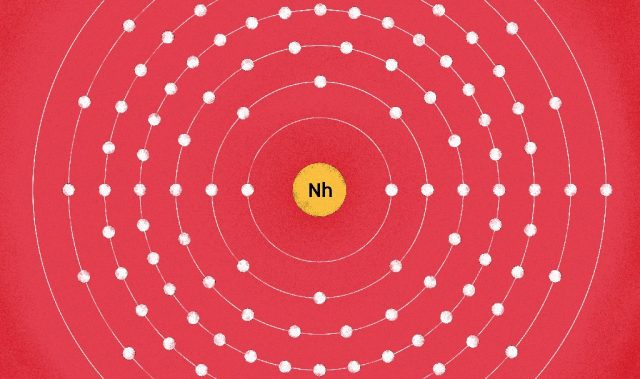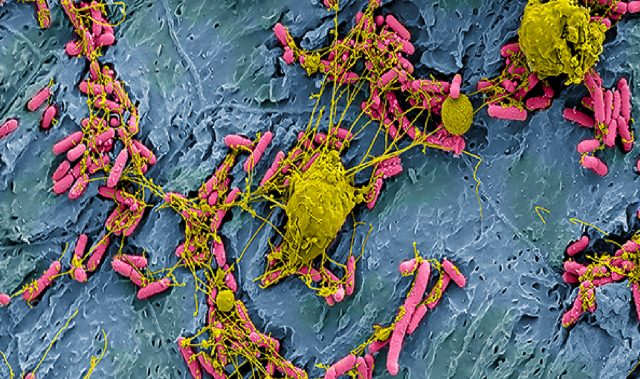
AsianScientist (Sep. 28, 2016) – In a discovery reported in Scientific Reports, researchers in Japan have found a group of ‘junk’ human sequences—unrelated to those in mice—which can enhance protein translation and expression.
In 2012, a group from the RIKEN Center for Life Science Technologies (CLST) and Italian collaborators discovered a new class of mouse natural antisense long noncoding RNAs (lncRNAs) that regulate gene expression. They are called ‘antisense’ because they can pair with typical protein-coding mRNAs. Broadly distributed throughout the genome, these lncRNAs are long considered to be part of the “junk” of the genome—remnants of ancient parasites in the genome capable of making copies of themselves, filling up the genome with junk.
Surprisingly, in mice, pairing this class of lncRNAs caused the mRNA to be translated more efficiently, increasing protein synthesis. This finding was counterintuitive, because it was generally believed that antisense RNAs always inhibited gene activity. This functional class of lncRNAs was called SINEUPs, for SINE element-containing translation UP-regulators.
In this new study, the RIKEN research group carried out a broad screening of RNA sequences from humans to see if any of them could also upregulate protein expression. They discovered two such lncRNAs, one of which increased the expression of a human protein called human protein phosphatase 1 regulatory subunit 12A (PPP1R12A).
Dr. Piero Carninci of CLST, who led the team, said, “As in the mouse, the human elements can be used in biotechnological applications to target mRNA encoding different proteins, by simply engineering the antisense part. Although the primary sequence is so different, the human and the mouse may fold in a similar way and hence have similar function. The structural basis for this functions are yet unknown, and this remains an exciting remaining question.”
Their results demonstrate for the first time that human natural antisense lncRNAs can up-regulate protein translation, suggesting that endogenous SINEUPs may be widespread and present in many mammalian species.
The article can be found at: Schein et al. (2016) Identification of Antisense Long Noncoding RNAs that Function as SINEUPs in Human Cells.
———
Source: RIKEN.
Disclaimer: This article does not necessarily reflect the views of AsianScientist or its staff.












